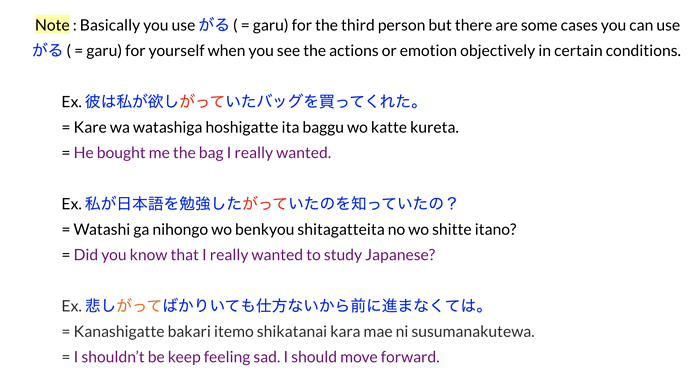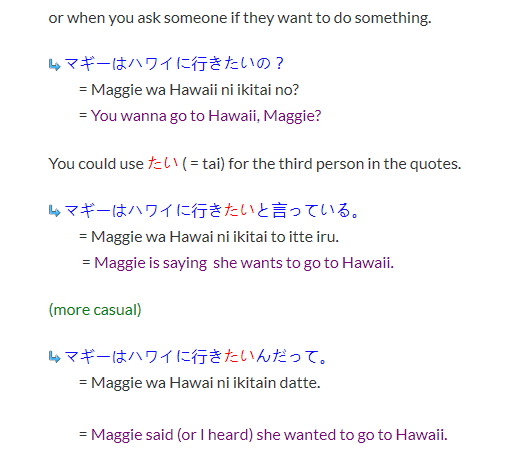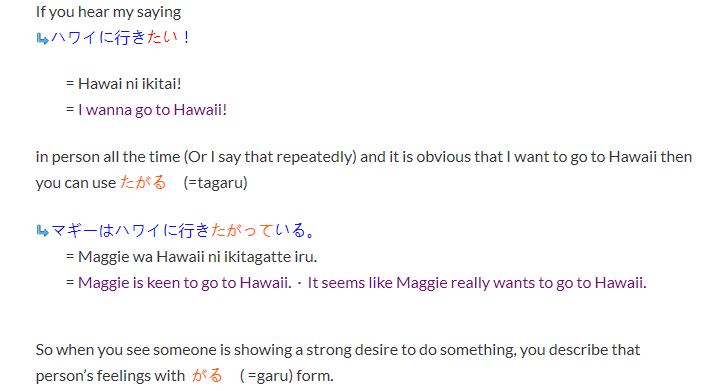For one of the SRS questions, it gives the answer for:
When you want to play videogames, please go to your friend’s house. [from when・just when]
As:
ゲームを したかったら 、友達ともだちの家いえに行いってください。[したい]
I don’t understand why it must be したかったら rather than したがったら. Since the target is "you, " shouldn’t that make the したがる construction the only correct one rather than したい?






